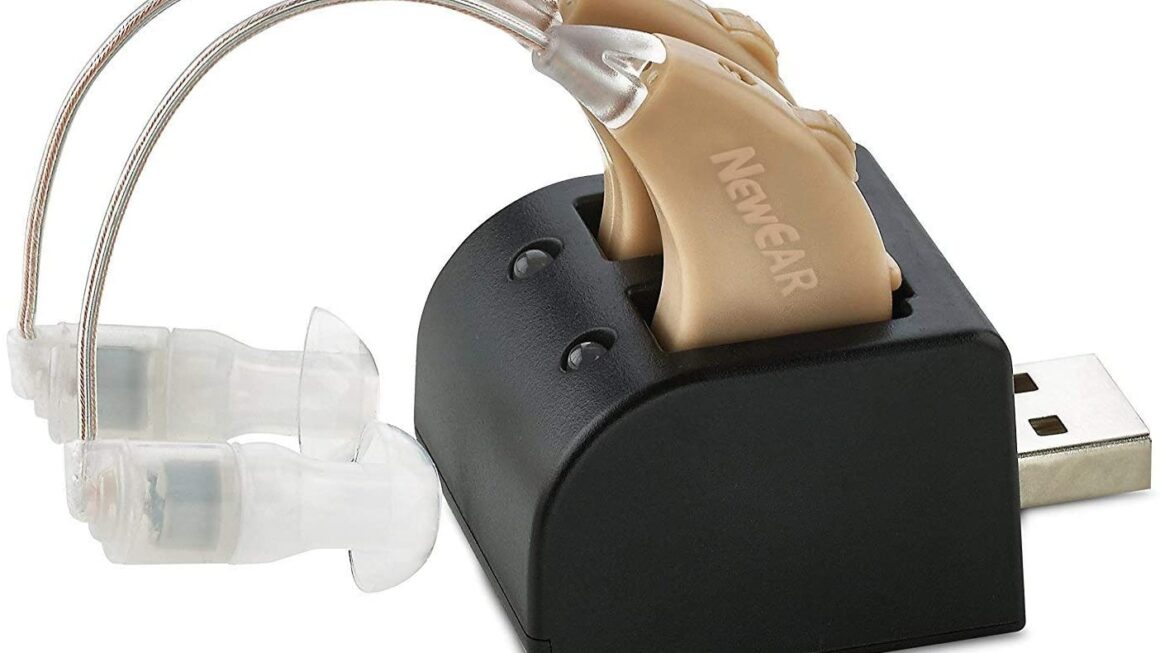Introduction
Have you ever experienced a migraine headache and felt exhausted even after the pain subsided? This phenomenon, known as a migraine hangover, can leave you feeling drained and sluggish. In this article, we will explore the concept of a migraine hangover, its symptoms, causes, and effective strategies to cope with this post-migraine phase.
What is a Migraine Hangover?
A migraine hangover, also known as postdrome, refers to the phase that follows a migraine attack. It is a lingering period of time where the individual may experience a range of symptoms even after the headache has subsided. The duration of a migraine hangover can vary from a few hours to a couple of days.
Symptoms of a Migraine Hangover
Fatigue
One of the most common symptoms experienced during a migraine hangover is fatigue. The individual may feel exhausted, weak, and lacking in energy. This fatigue can be overwhelming and hinder daily activities.
Cognitive Difficulties
Post-migraine cognitive difficulties can manifest as brain fog, difficulty concentrating, and memory problems. These symptoms can impact productivity and make it challenging to perform tasks that require mental focus.
Sensory Sensitivity
Individuals in the migraine hangover phase may still experience sensory sensitivity. Light, noise, and certain odors may be more bothersome than usual, causing discomfort and irritation.
Mood Changes
Mood changes are also prevalent during a migraine hangover. The individual may feel irritable, anxious, or even depressed. These emotional shifts can further contribute to the overall discomfort experienced during this phase.
Causes of a Migraine Hangover
Neurological Factors
The exact cause of a migraine hangover is not fully understood, but it is believed to be related to neurological factors. Changes in brain chemistry and activity during a migraine can lead to lingering effects on the nervous system.
Inflammatory Response
Migraine attacks often trigger an inflammatory response in the body. This inflammation can persist even after the headache has subsided, contributing to the symptoms of a migraine hangover.
Dehydration and Electrolyte Imbalance
Dehydration and electrolyte imbalance are common during a migraine attack. These factors can also continue to affect the body during the hangover phase, exacerbating symptoms such as fatigue and cognitive difficulties.
Strategies to Cope with a Migraine Hangover
Rest and Relaxation
Allowing yourself ample rest and relaxation is crucial during a Migraine aftermath. Ensure you have a quiet and comfortable environment to recover in. Prioritize sleep and avoid engaging in strenuous activities that may worsen your symptoms.
Hydration and Nutrition
Replenishing your body with fluids and nourishing foods can aid in the recovery process. Drink plenty of water and consume balanced meals. Avoid skipping meals, as low blood sugar levels can exacerbate symptoms.
Managing Stress Levels
Stress can trigger and worsen migraines. During the hangover phase, it is essential to manage stress levels effectively. Engage in stress-reducing activities such as meditation, deep breathing exercises, or engaging in hobbies that bring you joy.
Avoiding Triggers
Identifying and avoiding triggers can help prevent future migraines and minimize the intensity of a migraine hangover. Keep a diary to track potential triggers such as certain foods, environmental factors, or stressors.
Seeking Medical Advice
If you experience frequent migraines or find that the hangover phase significantly impacts your daily life, it is advisable to seek medical advice. A healthcare professional can provide personalized guidance, prescribe medications if necessary, and help you develop a comprehensive migraine management plan.
Preventing Migraine Hangovers
When it comes to preventing migraine hangovers, proactive measures can make a significant difference. By identifying triggers, making necessary lifestyle modifications, and exploring medication options with healthcare professionals, you can reduce the frequency and severity of post-migraine symptoms.
Seeking Support and Education
Living with migraines and hangovers can be challenging. Seeking support from others who understand your experience through support groups, accessing educational resources, and considering counseling services can provide valuable insights, coping strategies, and emotional support on your journey to managing migraines effectively.
Remember, it’s essential to consult with healthcare professionals for personalized advice and guidance regarding your specific condition and treatment options.
The Impact of Migraine Hangovers on Daily Life
Living with migraine hangovers can significantly affect daily life and overall well-being. The fatigue, cognitive difficulties, sensory sensitivity, and mood changes experienced during this phase can disrupt work productivity, social interactions, and personal relationships. Simple tasks may become challenging, leading to frustration and a decreased quality of life. It is crucial to recognize the impact of migraine hangovers and seek appropriate support and management strategies to regain control and minimize their disruptive effects on daily activities.
Exploring Alternative Therapies for Migraine Hangover Relief
In addition to conventional medical treatments, alternative therapies can offer additional relief for migraine hangovers. Techniques such as acupuncture, massage therapy, aromatherapy, and herbal supplements have shown promise in managing post-migraine symptoms. However, it is important to consult with healthcare professionals before incorporating any alternative therapies to ensure they are safe and compatible with your individual health needs. These complementary approaches, when used in conjunction with conventional treatments, may provide a holistic approach to relieving migraine hangovers and improving overall well-being.
Conclusion
Experiencing a migraine hangover can be challenging, but understanding its symptoms and causes can assist in coping with this post-migraine phase effectively. By prioritizing rest, hydration, and stress management, individuals can alleviate the impact of a migraine hangover on their overall well-being.
FAQs
- Is a migraine hangover the same as a regular hangover?
- No, a Migraine aftermath is a term used to describe the post-migraine phase and should not be confused with the symptoms experienced after alcohol consumption.
- How long does a Migraine aftermath typically last?
- The duration of a migraine hangover can vary from person to person. It can last anywhere from a few hours to a couple of days.
- Can over-the-counter pain relievers help with a migraine hangover?
- Over-the-counter pain relievers may provide temporary relief for certain symptoms of a Migraine aftermath. However, it is important to consult with a healthcare professional for proper diagnosis and management.
- Are there any natural remedies that can alleviate the symptoms of a Migraine aftermath?
- Some individuals find relief from natural remedies such as applying cold or warm compresses, practicing relaxation techniques, or using essential oils. However, it’s crucial to remember that what works for one person may not work for another, and consulting with a healthcare professional is advisable.
- Can a Migraine aftermath be prevented?
- While it may not be possible to prevent a Migraine aftermath entirely, identifying and avoiding triggers can help minimize the frequency and intensity of migraines, thus reducing the impact of the hangover phase.












